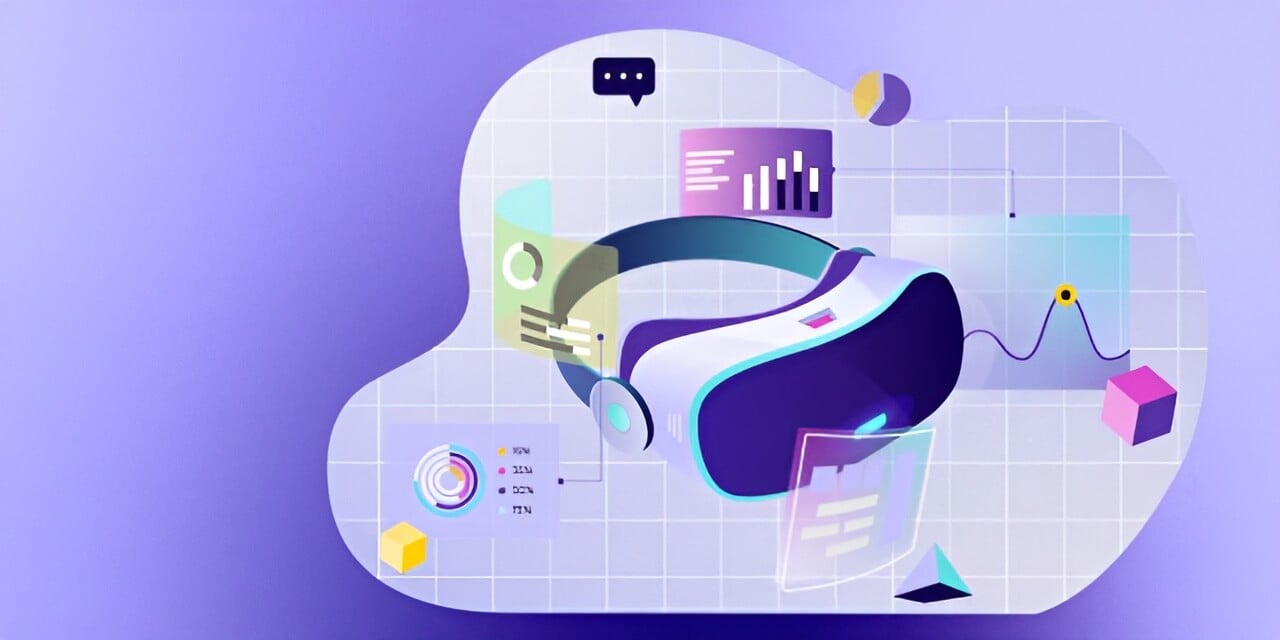What does the Curriculum and Assessment Review mean for GCSE Science?
Over a year in the making, the Curriculum & Assessment Review (CAR) has landed, but you may not have had time to digest it yet! What does it tell us about the future state of GCSE Science?
